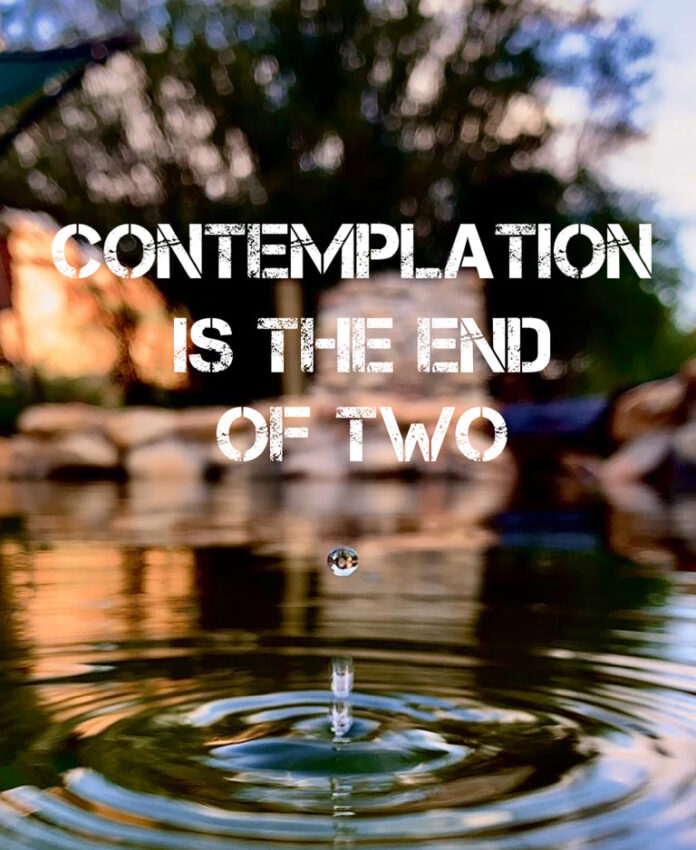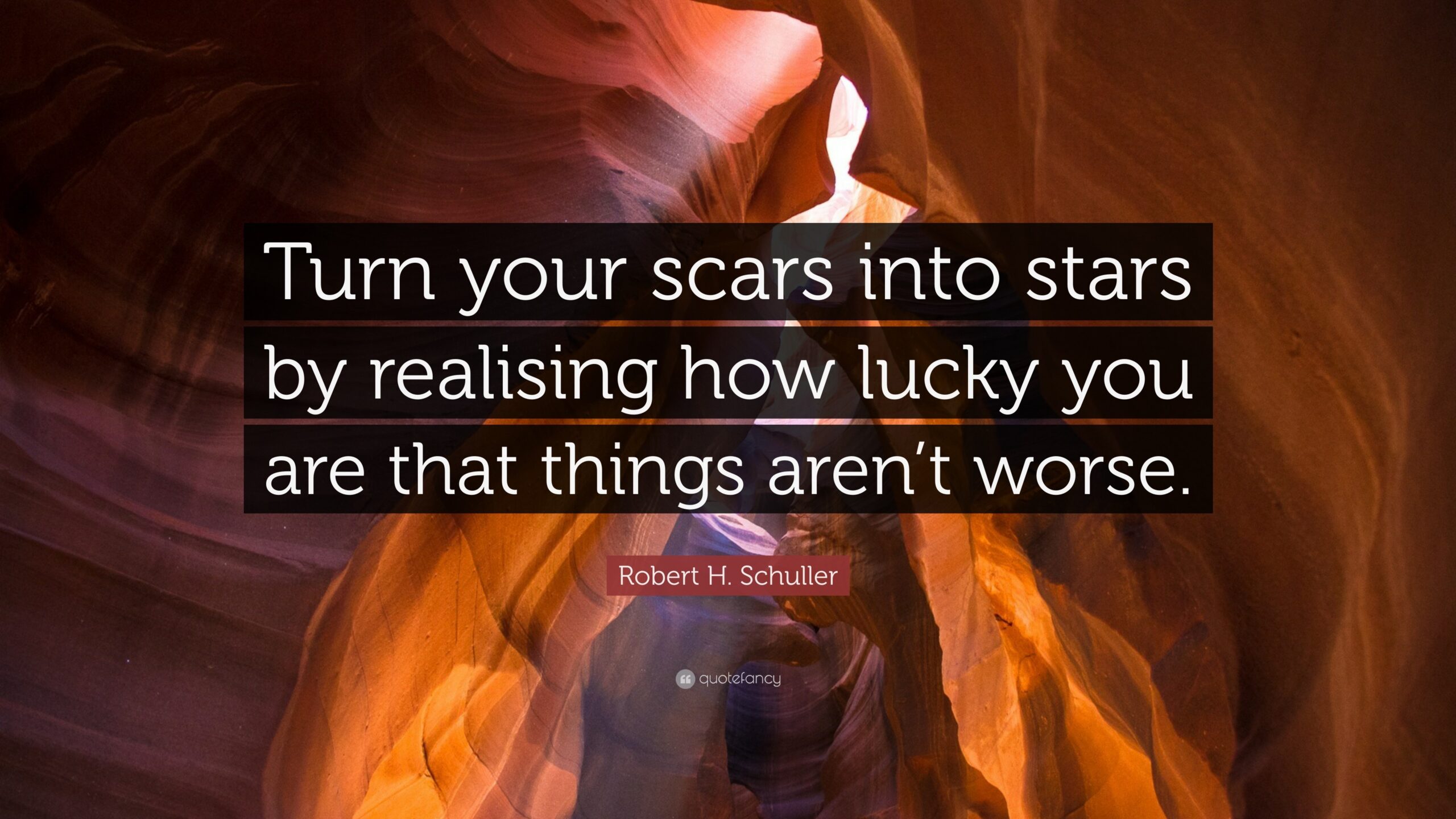Sarah stared out the window, the bustling city lights a stark contrast to the turmoil within. She felt a hollowness, a nagging sense of something missing. Success in her career hadn’t brought fulfillment. Relationships felt fleeting. A longing for a deeper meaning, a connection to something more, gnawed at her. It was time to embark on a journey inward, to find her spiritual self.
What is Contemplation and Why Does it Matter?
Contemplation is the act of deliberate thought and reflection, a dedicated exploration of your inner world. It’s about quieting the external noise and delving into the depths of your being. In our fast-paced world, contemplation is a revolutionary act. It allows us to step back, reconnect with ourselves, and discover the wellspring of wisdom and clarity that lies within.
Unveiling Your Spiritual Self
Your spiritual self is the essence of who you are, beyond the roles you play and the labels society assigns. It’s the part of you that yearns for connection, purpose, and a sense of belonging in the grand scheme of things. Here’s how contemplation can help you unveil this hidden dimension:
- Self-Awareness: Through contemplation, you can observe your thoughts, emotions, and reactions without judgment. This self-awareness allows you to identify limiting beliefs, unconscious patterns, and desires driving your actions.
- Meaning and Purpose: Contemplation allows you to explore your core values and what truly matters to you. It helps you connect your daily actions to a larger purpose, fostering a sense of fulfillment.
- Inner Peace: By acknowledging and processing emotions, you release their grip and cultivate inner peace. Contemplation helps detach from external chaos and find a sense of calm amidst life’s storms.
- Connection: Contemplative practices like meditation foster a deeper connection with yourself and the world around you. You develop empathy, compassion, and a sense of belonging to something larger than yourself.
Practical Tips for Contemplative Practices
- Meditation: There are many forms of meditation, from sitting quietly to focusing on the breath. Find a technique that resonates with you and practice regularly, even if it’s just for a few minutes each day.
- Journaling: Write down your thoughts, feelings, and experiences without judgment. Journaling helps you process emotions, identify patterns, and gain insights into your inner world.
- Spending Time in Nature: Immerse yourself in the beauty and peace of nature. Go for walks in the park, hike in the woods, or simply sit by a quiet stream. Nature has a profound ability to calm the mind and awaken the spirit.
- Mindfulness: Be present in the moment. Pay attention to your senses, your breath, and your surroundings without judgment. Mindfulness practices like mindful eating or mindful walking bring you back to the present and foster inner peace.
- Gratitude: Cultivate an attitude of gratitude. Reflect on the things you’re grateful for, big or small. Gratitude shifts your focus to the positive aspects of life and fosters contentment.
Embracing the Journey: Overcoming Challenges
Contemplation doesn’t always feel comfortable. You may encounter challenges like:
- Wandering Mind: It’s natural for your mind to wander. When this happens, gently bring your attention back to your focus point without judgment.
- Unpleasant Emotions: Contemplation can bring up suppressed emotions. Acknowledge them, process them, and let them go.
- Discomfort: It can be uncomfortable to confront your inner world. Be patient, persistent, and celebrate your progress, no matter how small.
The journey of finding your spiritual self is a lifelong exploration. There’s no destination, just a process
The Power of Community
While contemplation is a deeply personal journey, connecting with others on the same path can be incredibly enriching. Consider joining a meditation group, attending spiritual workshops, or finding an accountability partner. Sharing your experiences and learning from others can provide valuable support and inspiration.
Integrating Contemplation into Daily Life
Here are some ways to weave contemplative practices into your daily routine:
- Start your day with mindfulness: Take a few minutes each morning to sit quietly, focus on your breath, and set an intention for the day.
- Mindful breaks throughout the day: When feeling overwhelmed, take a few deep breaths, stretch, or step outside for a few minutes of mindful observation.
- Mindful meals: Savor your food, pay attention to its taste and texture, and eat without distractions.
- Contemplative walks: During walks, focus on your surroundings – the sounds, smells, and sights. Notice the beauty in the ordinary.
- Gratitude practice before bed: Before sleep, reflect on three things you’re grateful for that day.
Frequently Asked Questions (FAQs)
- Do I need to be religious to be spiritual? No, spirituality is a personal journey of inner exploration, not bound by religion.
- What if I don’t have time for meditation? Even a few minutes of mindful breathing can be incredibly beneficial. Start small and gradually increase the duration of your practice.
- Is there a “right” way to contemplate? There’s no one-size-fits-all approach. Experiment with different practices and find what works best for you.
Conclusion: The Ongoing Journey
The path of self-discovery can feel isolating at times. Remember, you are not alone on this journey. Millions of people worldwide are seeking deeper meaning and connection. Embrace the process, celebrate your progress, and trust that within you lies a wellspring of wisdom and peace waiting to be unveiled.
Additional Resources
- Books:
- “Wherever You Go, There You Are” by Jon Kabat-Zinn
- “The Power of Now” by Eckhart Tolle
- “Man’s Search for Meaning” by Viktor Frankl
- Websites:
Scars to Stars: Healing, Building Resilience, and Thriving in Life
Discover the journey from scars to stars. Learn about healing emotional scars, building resilience, and thriving in life….
Embrace Endings for Growth and New Beginnings
Discover how embracing endings can fuel personal growth and lead to exciting new beginnings. Learn to navigate life’s transitions with…
Unlocking Success with Aligned Action: A Comprehensive Guide
Explore the power of aligned action in achieving goals. Learn strategies to bridge the gap between desire and reality….
Unlocking the Power of Self-Understanding
Explore the journey of self-understanding and learn how to cultivate it with our comprehensive guide….
Unlocking Feminine Energy – A Comprehensive Guide
Explore the power of feminine energy and learn how to cultivate it with our comprehensive guide….
Self-Control: The Key to Balanced Emotions
Learn how self-control can help balance your emotions and lead to a more fulfilling life….






